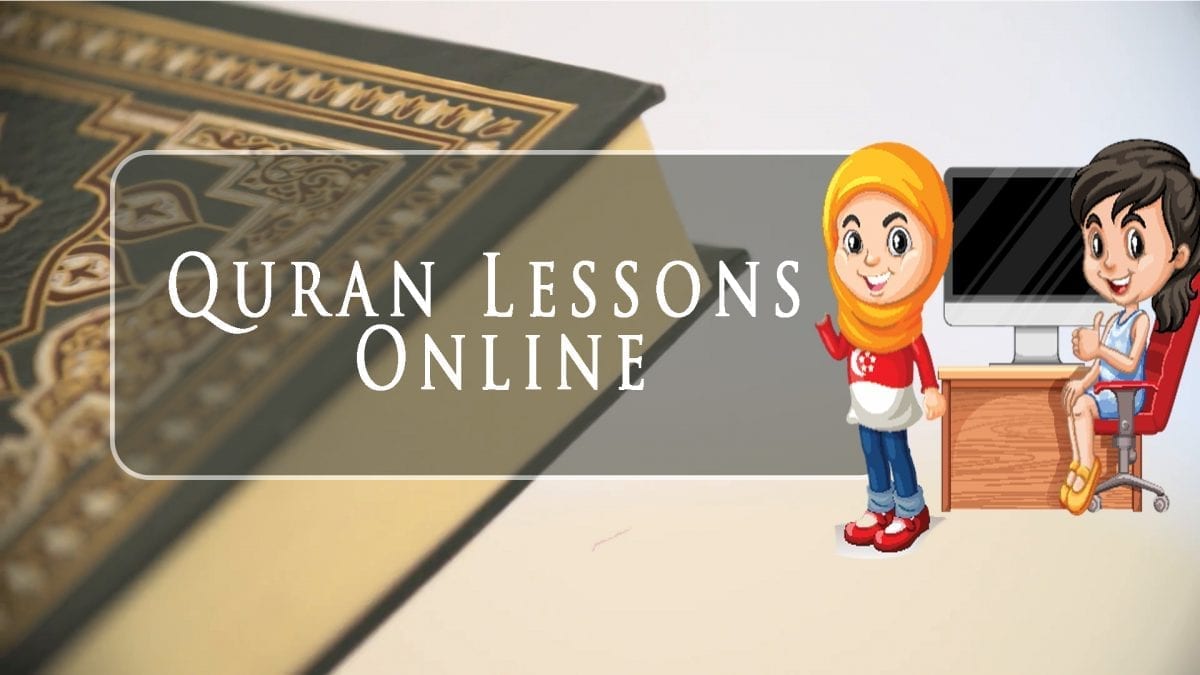Tips for studying the language of Islam

We adhere or we do not adhere to this quote ... But it illustrates the idea according to which learning to read the Quran would preserve the body from fire.
Quranic Arabic is literary Arabic as it is practiced in the sacred and liturgical texts of Islam. Thus, learning Quranic Arabic allows access to all Muslim spirituality and trains the recitation of the Quran for better Islamic training.
There are many reasons to learn Arabic from the Quran, and it is not exclusively reserved for religious:
- Discover the Arabic language and culture,
- Understanding Arab Civilization Through History,
- Be inspired by a very rich centuries-old cultural heritage,
- Read and understand the Holy Quran, called "Book of God",
- Confirm your religious faith,
- Discover Islam, its precepts and dogmas ...
Do you want to discover the Muslim religion? Benefit from an Islamic education? Understand and learn the Quranic language through online Quran tuition, practiced by the community of believers, in order to objectify their conception of society? Is learning Quranic Arabic socially driven by your Muslim family background?
In order to have the ability to read and understand the Quran, start by learning to read the Arabic alphabet. The letters of the Arabic alphabet are 28 in number, and each has four shapes according to its place in the sentence: isolated, initial, middle and final.
For example, the letter jim: ﺝ which is pronounced [j] can be written in these three ways depending on its position: End: ـﺞ; Middle: ـﺠـ; Start: ﺟـ
In addition, each letter has different sounds depending on its position in a sentence. For example, the letter ba: ﺏ can be pronounced [ba], [bou], [bi], or even [b].
There is no lower case or upper case as in languages using the Latin alphabet. Arabic is a unicameral writing language. You must already know it, but Arabic is read and written from right to left, unlike the French language and most languages around the world.
Vowels have a primary role in the Arabic language. One change and the whole word take on a very different meaning. Four vowels are the most used in Arabic, they are:
- Fatha which gives the sound [a] and its variants with a small acute accent above the letter,
- Damma which gives the sound [or] and its variants with a small loop above the letter,
- Kasra who gives the sound [i] with a small acute accent below the letter,
- Soukoun which gives the sound of the letter by placing a small circle above.
Good luck to already master the alphabet first! It is not easy when you are a French speaker to come up against an alphabet with rules completely different from ours.
Learn to read literary Arabic first
Quranic Arabic is a form close to ancient classical Arabic, that which exists in the liturgical literature of Islam.
The purpose of Quranic Arabic is to understand the sacred text of the Quran. It is therefore necessary to first learn literary Arabic to know how to read the Quran. You can also practice through online Quran tuition.
For more details, please visit: quranlearnacademy.com

Best Bed and Breakfasts for Business Vacationing Traveler 2021
- In recent years, Bed and Breakfast Inns have become popular as a quaint, home away from home lodging for the vacationing traveler.

How to Play Casino Games Online and Get the Best Experience
- you could well have seen a number of the properly know top 10 Thailand on line casino sites dotted round at the net, and that they generally tend to have lo

How to Choose a Translation Agency
- solving Up an Older housesolving Up an Older housesolving Up an Older housesolving Up an Older housesolving Up an Older housesolving Up an Older housedccccc

Tic-Tac-UFO? Get the story behind the bizarre UFO sighting
- On November 10th, 2004 the crew of the nuclear aircraft carrier USS Nimitz captured a video of a tic-tac shaped UFO floating in the air and accelerating